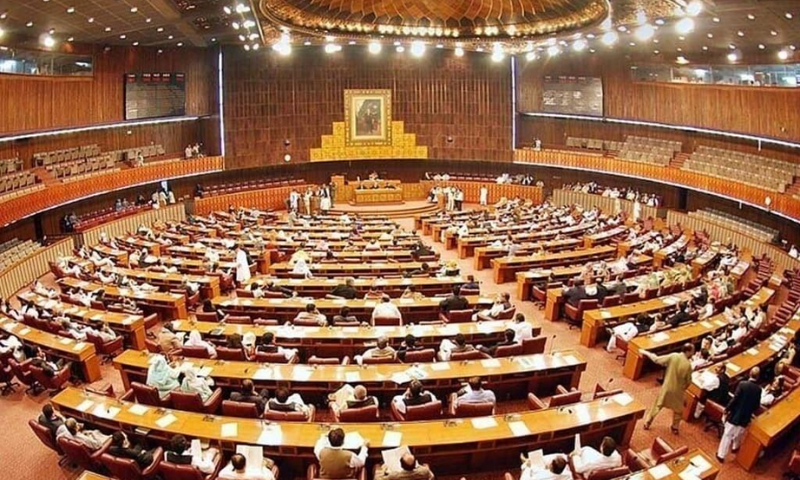ISLAMABAD: An accountability court in Islamabad has granted a six-day physical remand for former federal minister Fawad Chaudhry in a case related to misappropriation in construction projects in Jhelum.
The National Accountability Bureau (NAB) took Fawad into custody earlier this month in connection with the corruption case.
The court remarked that the investigation should be completed, allowing Fawad to meet his lawyers, and he will be presented before the court on January 5, 2024.
Fawad Chaudhry faced multiple allegations, including accusations of using influence as a minister and misappropriation in a Public Sector Development Programmes (PSDP) project.
He argued that the project was approved by federal and provincial governments, and the NAB did not have jurisdiction to initiate an inquiry against him.
The NAB prosecutor sought a 10-day extension in Fawad Chaudhry’s physical remand, stating that banking records and suspicions of irregularities needed further investigation.
Fawad Chaudhry has faced various legal challenges, including a complaint filed against him for allegedly taking a bribe for a job and previous arrests related to his statements against the Election Commission of Pakistan (ECP).
He was also among the PTI leaders arrested during the crackdown on the party’s alleged involvement in riots.
Senate Human Rights Committee Rejects Public Executions for Capital Offences
Meanwhile, the Senate’s Standing Committee on Human Rights, with a majority of members present, rejected any proposed statutory amendments advocating public execution for capital offenses.
During a meeting at the Parliament House chaired by Senator Walid Iqbal, the committee, through a majority vote, asserted that such amendments, involving public executions for serious crimes, should be opposed based on the constitutional rights guaranteed by superior courts and existing laws in Pakistan.

The committee urged the House to reject any such amendments if presented on its legislative agenda.
However, Senators Dr. Mehr Taj Roghani and Dr. Humayun Mohmand dissented, expressing disagreement with the committee’s decision, arguing that it was made hastily without proper research on the potential deterrent effects of public executions.
I am an accomplished graduate of Strategic Studies, driven by a fervent dedication to comprehending global affairs and devising impactful strategies. Equipped with a comprehensive skill set encompassing research, critical thinking, and persuasive communication, I possess a distinctive viewpoint and an unwavering commitment to fostering inclusive decision-making processes. As a versatile individual, I excel in collaborating with diverse groups in various settings, leveraging my strong interpersonal abilities to adapt seamlessly to new environments and surmount any challenges that arise. With a passion for contributing to strategic initiatives, I am eager to leverage my expertise and drive to effect positive change within the field.










